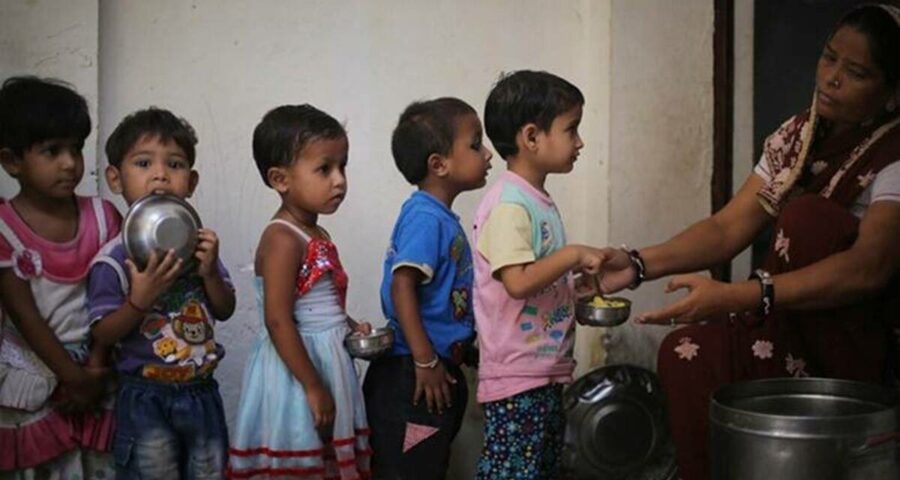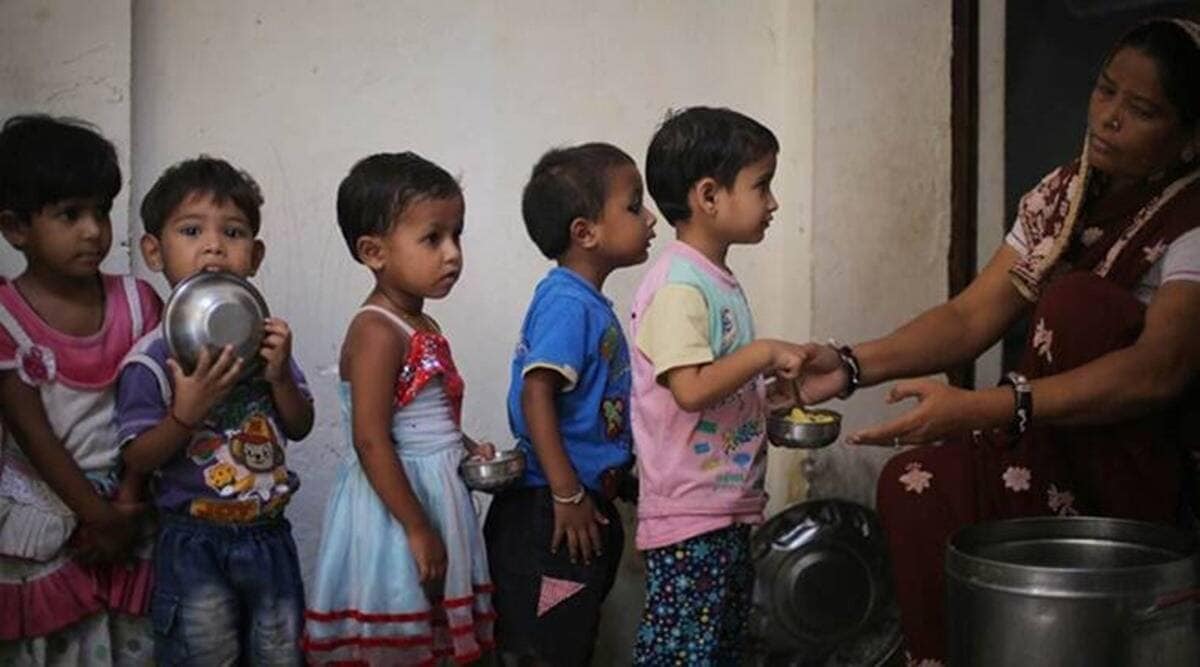Child Rights Trust, a not-for-profit that hosted the consultation, estimates that over 1.5 lakh children participate in CRGS held across 6,000 gram panchayats each year
A recent state-level consultation conference held by various stakeholders in the field of child rights operations in Karnataka recommended the state government to initiate research on Child Rights Grama Sabhas (CRGS), which have existed since 2006.
“The research conducted by the RDPR (Rural Development and Panchayat Raj) Department should document the perceived and not-perceived results drawn from CRGS. Each Zilla Panchayat should be directed to release a report every year, from which documented experience can be used towards advocating for a Child Rights Ward Sabha in urban areas,” the conference noted.
Child Rights Trust, a not-for-profit that hosted the consultation, estimates that over 1.5 lakh children participate in CRGS held across 6,000 gram panchayats each year. Around 22 lakh children have participated in these sessions since its inception.
Various stakeholders involved stressed the need for accepting children’s issues “wholeheartedly”. A member of a consultation group said during the conference, held in Bengaluru, that gram panchayat members and officials should be trained to be good listeners. “Equipping our officials with good listening skills is important to avoid scolding and blaming the children, parents, teachers or NGOs linked to them when issues are raised,” the member noted.
At the same time, it was pointed out that only children studying in government schools were taken to CRGS in several gram panchayats. “There should be scope for children from non-government schools and children who do not go to schools to participate as well. CRGS should not be conducted in a single classroom, but in public with more representation,” the conference suggested.
Sony Kutty George, Child Protection Specialist with Unicef Hyderabad, highlighted the importance of child participation and lauded the state’s CRGS model. “The participation of children, at the grassroots level, in discussions on issues concerning them is highly appreciated. The very basis of children’s right to participate is a great example enabling them to raise their issues, comment and also give suggestions on various solutions. Unicef has been keenly observing this development, one of the biggest collective actions taken in India to realise child rights,” George said.
Member of Karnataka State Commission for Protection of Child Rights (KSCPCR) Ragavendra HC, however, said Child Rights Grama Sabhas had “immense scope to improve”.
Meanwhile, several stakeholders demanded that collecting and sharing children-centric data should be made mandatory. “If possible, a provision for this should be made in the RDPR website (Panchamitra and Panchatantra) with GPs (gram panchayats) to upload as per the format. Information should be shared to all individuals and organizations with social concerns while their assistance… in CRGS can also be sought,” the conference stated.
The participants also sought appropriate direction from the state government to ascertain how budgetary allocation can be made to gram panchayats to conduct CRGS.
The suggestions were presented to Yalakki Gowda, Development Director of Panchayat Raj. The government has also been asked to take effective measures to train panchayat officers, GP representatives, school teachers, ASHA workers, Anganwadi supervisors and workers, ANMs, NGO volunteers and other related officials in the process of CRGS.
Source: Read Full Article


